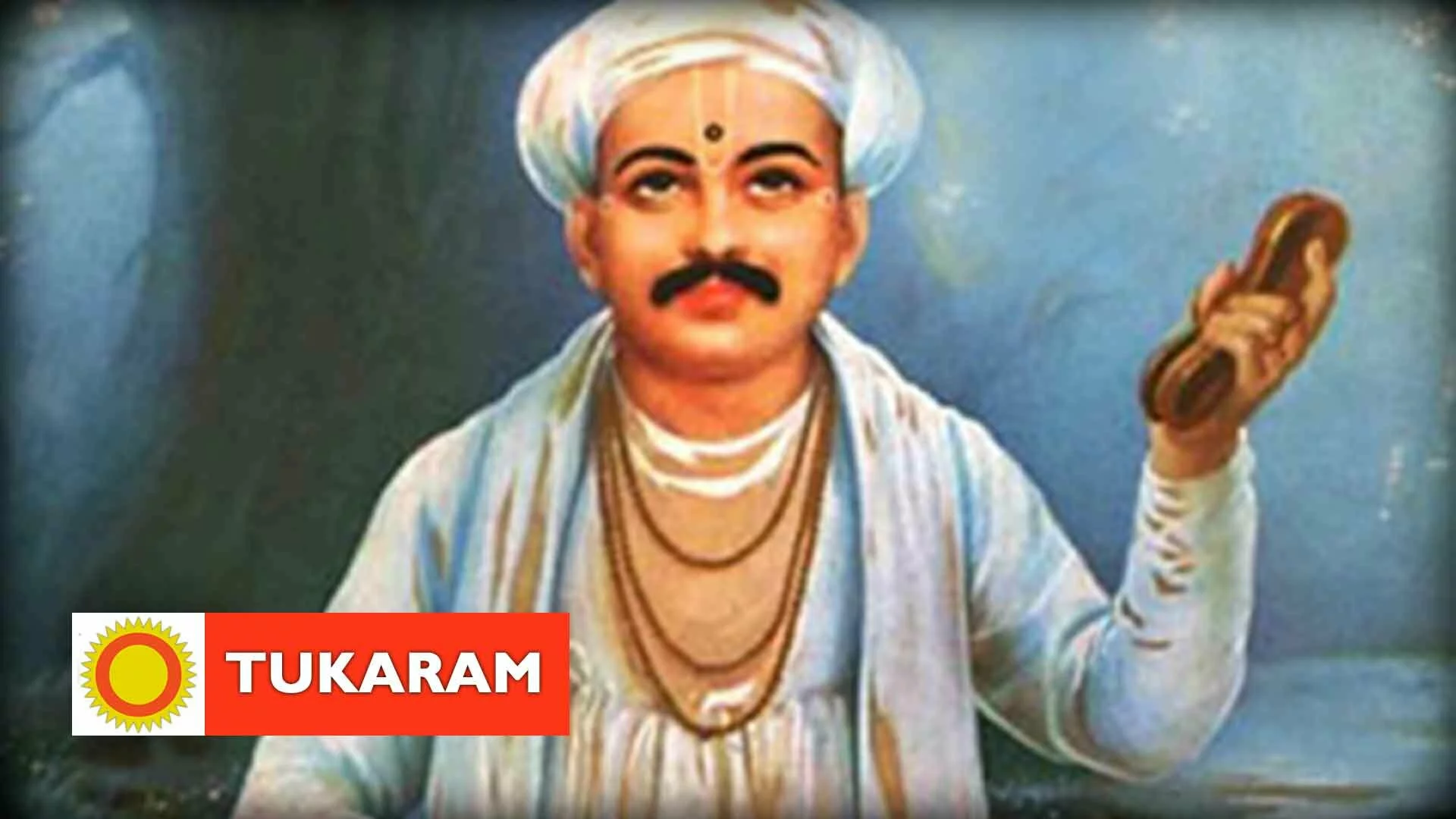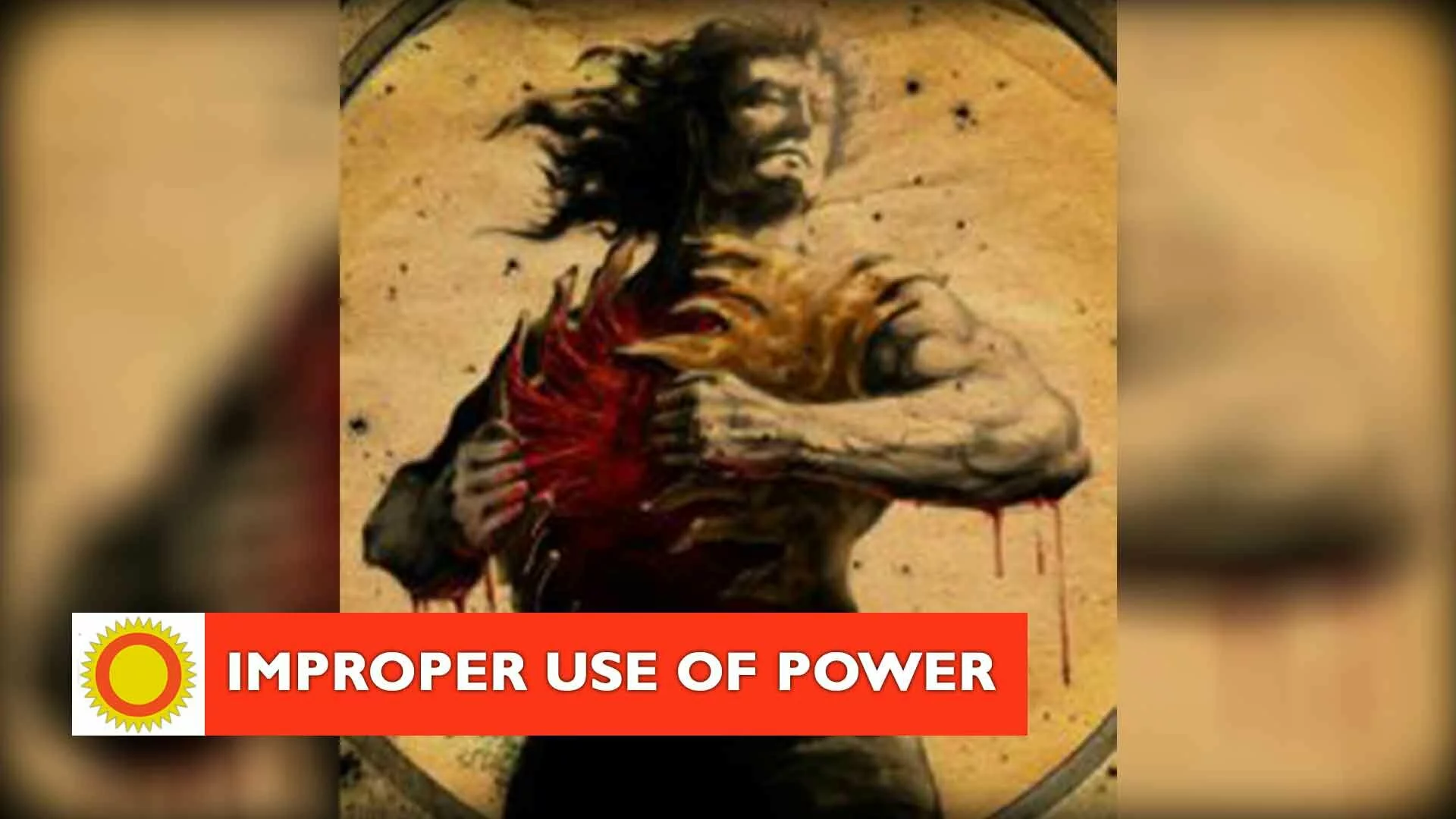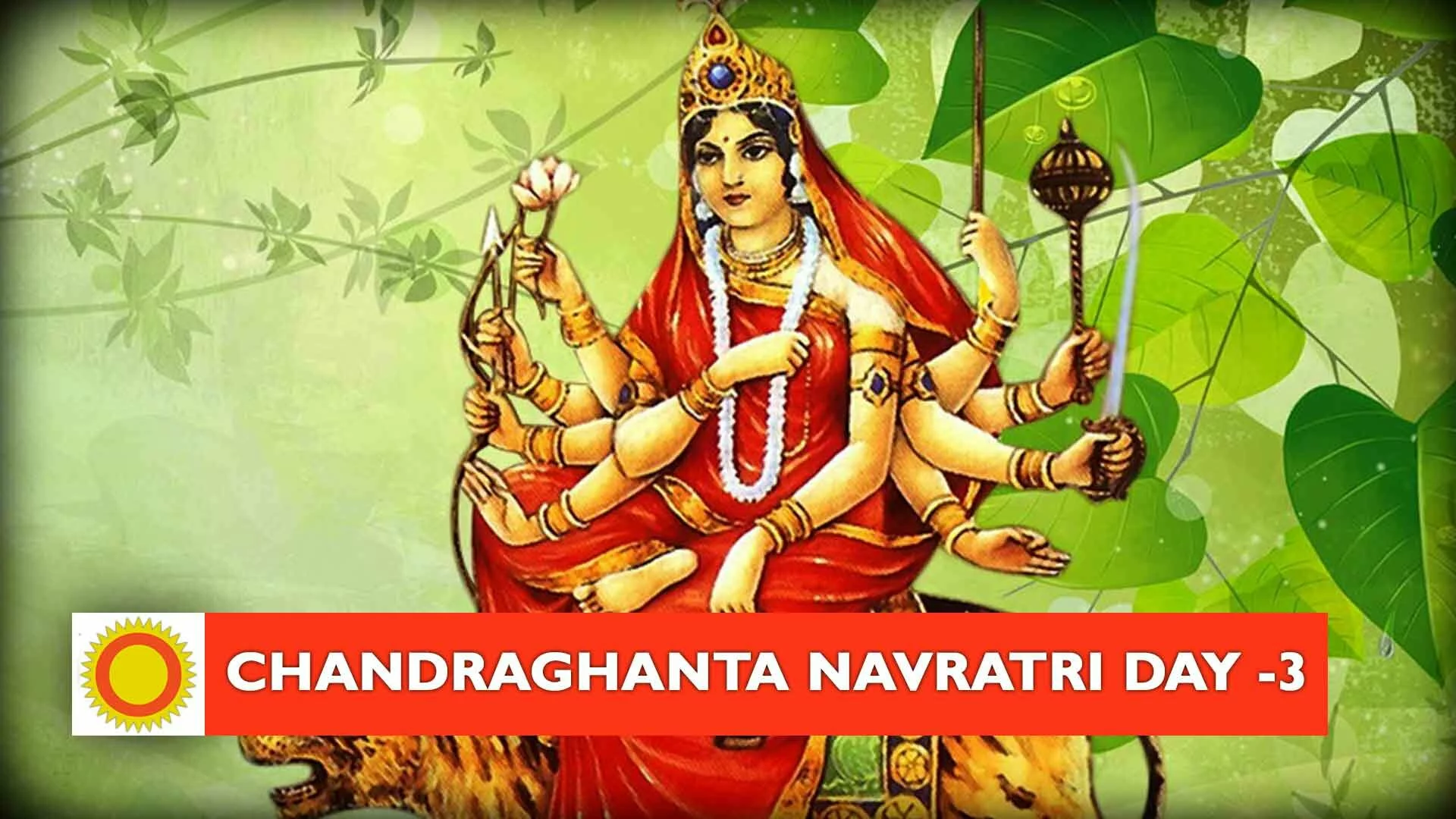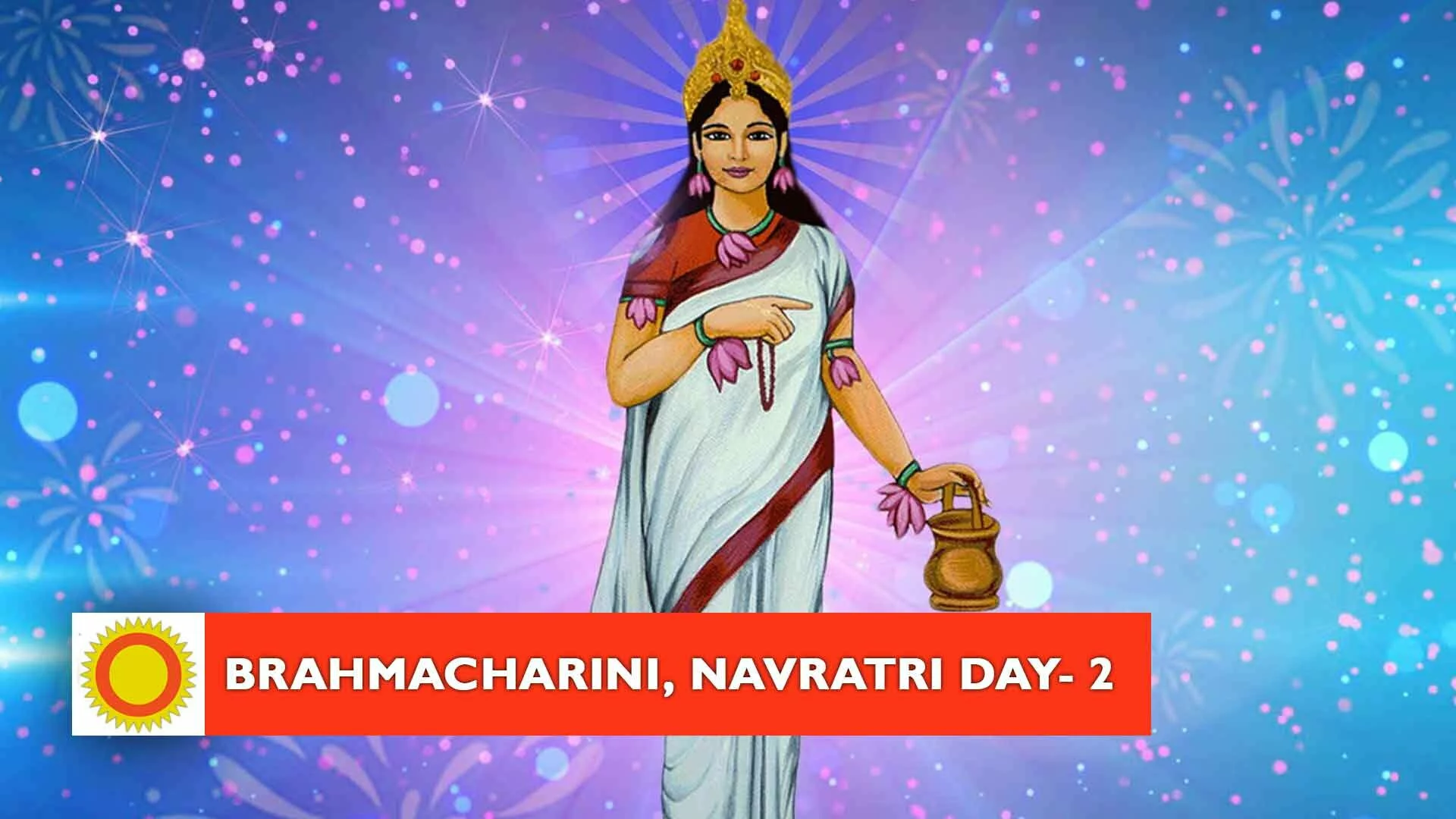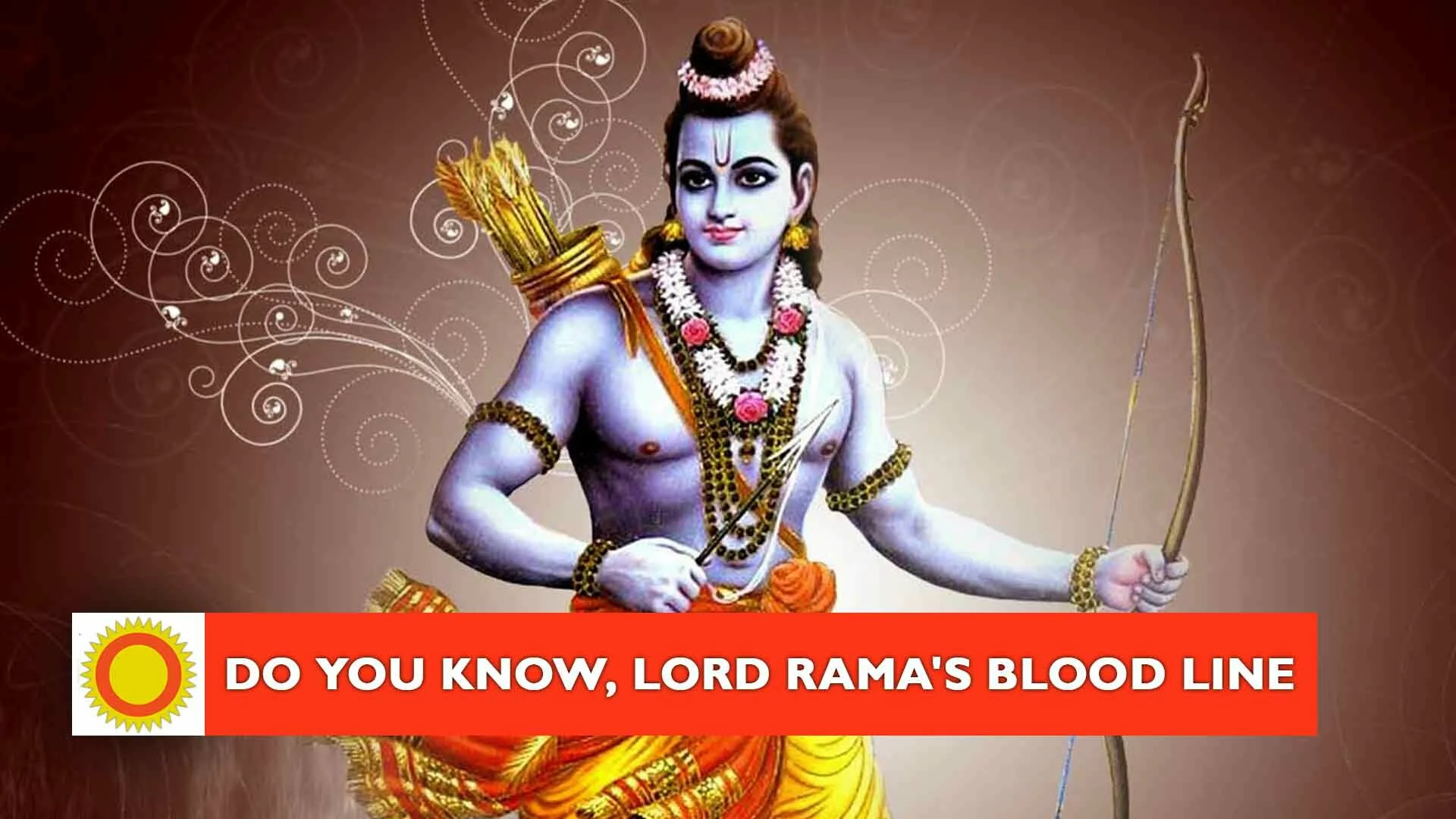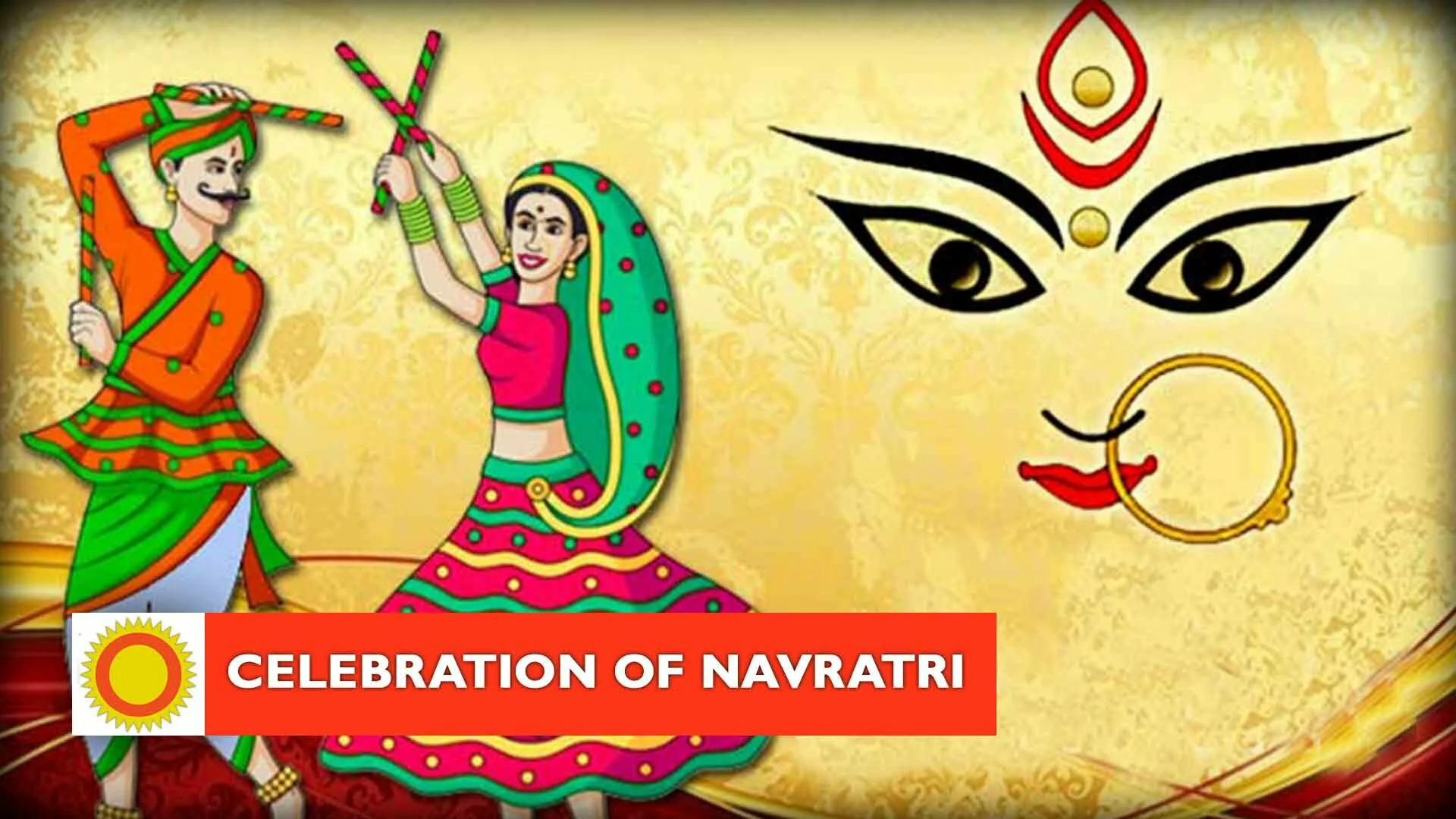Dehu is a place of Sant Tukaram – well known saint in Maharashtra. He and Sant Dnyaneshwar was the popular saints and both worshiped Lord Vitthal. Jagadguru Sant Tukaram was born in 1608 and lived most of his life in Dehu, a village near Pune, on the banks of the Indrayani River. the Dehu village is located in the Pune District of Maharashtra State, India. Kumar, Munshi, Kincaid and Parasanisa, consider him to be of the Vani or grocer caste. Sant Tukaram Maharaj himself called as Kunbi. In accordance with an ancient Indian tradition, Tukaram’s family name is rarely used in identifying him. His real name isTukaram Bolhoba Aambile. Their family deity was Vithoba or Panduranga. Tukaram’s first marriage took place when he was only fifteen years old. Sant Tukaram’s first wife, Rakhumabai and. His second wife was Jeejabai.also known as Avali. Tukaram had three sons: Santu or Mahadev, Vithoba, and Narayan. Saint Tukaram accepted Sant Namdev as his Guru. Tukobarai had a very difficult family life. He encountered a number of adversities. He lost both his parents when he was only 17-18 years old. His elder brother left for pilgrimage, renouncing everything. Tukaram also lost his wife. Around the same time, he had to face the worst famine, during which his elder son, Santu, died of starvation. Most of his livestock also fell prey to the drought. Conditions were so bad that there was no revenue from the land. Tukaram became depressed and lost interest in the worldly concerns. These circumstances strengthened his faith in the Lord Vitthal and he started penance on the Bhandara hill near Dehu. It was during this penance that he attained realisation. The most revered Saint Tukaram was an enlightened, dauntless and rebellious poet. He carried the Vedanta (traditional knowledge) which was the monopoly of the orthodox Brahmins till then to the commoners through his Abhanga. His Abhanga gained such popularity that they came to be associated with the name of Saint Tukaram. Abhanga became an essential part of every day life in rural India, popular even with illiterate people. Warkari, litterateurs, researchers and common connoisseurs all study and conduct research on this form of literature that is becoming popular day by day. His Abhanga are full of devotion, knowledge and asceticism. He worships the ultimate Brahman (a concept in Hindu philosophy, meaning unchanging reality) from the depth of his heart as a Monist or Adwaitawadi. His deity was the dark idol of Lord Vitthal standing on ordinary bricks at the Pandharpur temple. It is believed that even the Lord Vithoba, standing on the bricks, comes in person and takes pride in enjoying the devotional Abhanga of Tukoba being sung in such musical tunes! Saint Tukaram was also a scholar of the scriptures like Vedas and Bhagwad-Geeta, Bhagwat, Dnyaneshwari and Purana. His compositions are in simple, chaste Marathi. His self-knowledge based on the hard test of renunciation is very clearly evident from his Abhangawani (the language of Abhanga). In his compositions, he praises virtuous saints and bluntly criticizes heretics and hypocritical persons. He describes formulae to live life with the ultimate truth in mind. Even a single line in his Abhanga is full of deep meaning. These thoughts of Tukoba have percolated so deeply in the masses through his Abhanga that people often quote them spontaneously during daily affairs. Many verses have become quotes in Marathi. In the lifespan of only 41 years he composed almost 5000 Abhanga. He spent every moment remembering the Lord Vitthal. He challenged the times of those days and the aspect of condemning human discrimination was of utmost importance in his abhangs. He declared that hatred of humans because of their birth, caste, class, wealth and religion could not lead one to realization of God. He faced enmity, jealousy, hatred and discrimination from the learned and from others due to aspects of birth, caste and wealth. He was questioned as to his right in interpreting the Vedas, the sacred books, since he was not born in the ‘correct’ caste or class. In his own lifetime Tukaram had to brave the wrath of orthodox Brahmins. He was eventually forced to throw all his abhangs into the local Indrayani river at Dehu, his native village, and was presumably told by his mocking detractors that if indeed he were a true devotee of God, then God would restore his sunken notebooks. Tukaram then undertook a fast-unto-death praying to God for the restoration of his work of a lifetime. After thirteen days of fasting,. Tukaram’s sunken reappeared from the river. They were undamaged.
You may also like
Improper use of power
Improper use of power In the initial part of the Mahabharata, birth of Karna is detailed. Kunti, the princess was the mother of Karna. One day Durvasa paid a visit to Kunti’s palace. Durvasa is known for his short...
Chandraghanta navratri day -3
After Maa Shailaputri and Maa Brahmacharini, Goddess Chandraghanta will be worshipped on the third day of Navratri falling on September 23, 2017. The ten-day long festival of Sharad Navaratri began on September 21 and...
Brahmacharini-Navratri-Day-2
Sharad Navaratri 2017 began on September 21 (Thursday) with most states except West Bengal doing Ghatasthapana Puja on Pratipada to invoke Maa Shakti. After revering Devi Shailaputri on the first day, the devotees gear...
Do you know, Lord Rama’s blood line
Sharad Navaratri 2017 began on September 21 (Thursday) with most states except West Bengal doing Ghatasthapana Puja on Pratipada to invoke Maa Shakti. After revering Devi Shailaputri on the first day, the devotees gear...
Celebration of Navratri
The word "Navaratri" is a conjunction of two words "nava" (meaning "nine") and "ratri" (meaning "night"). Spread over 9 nights...

